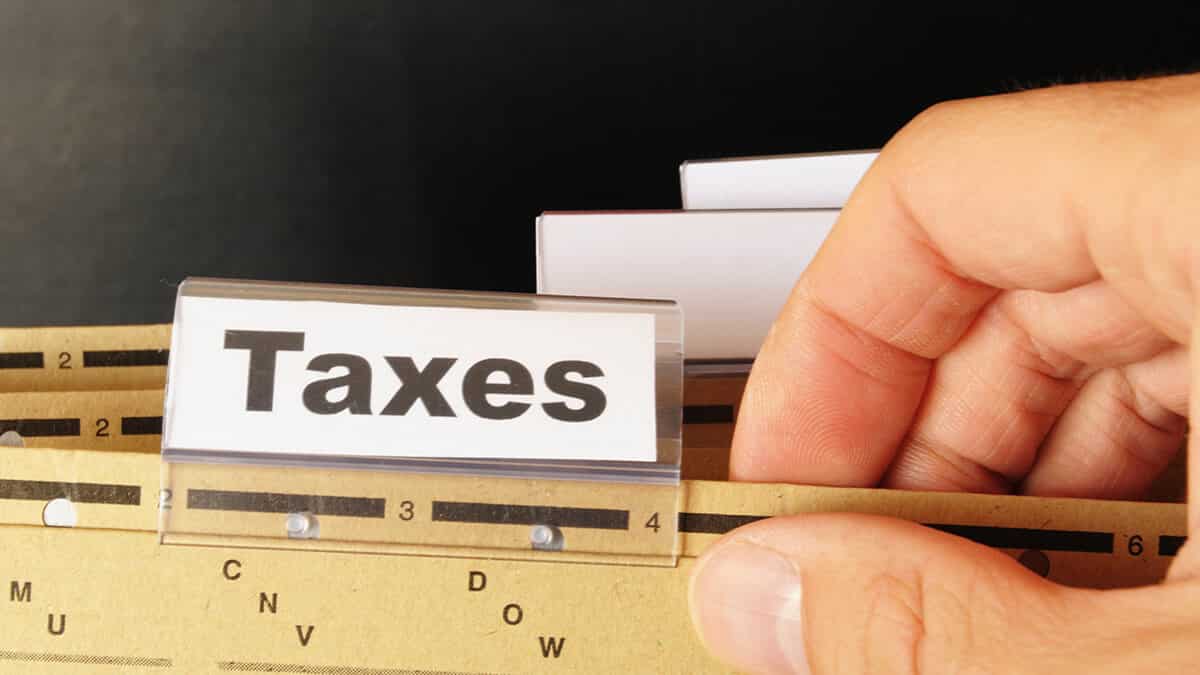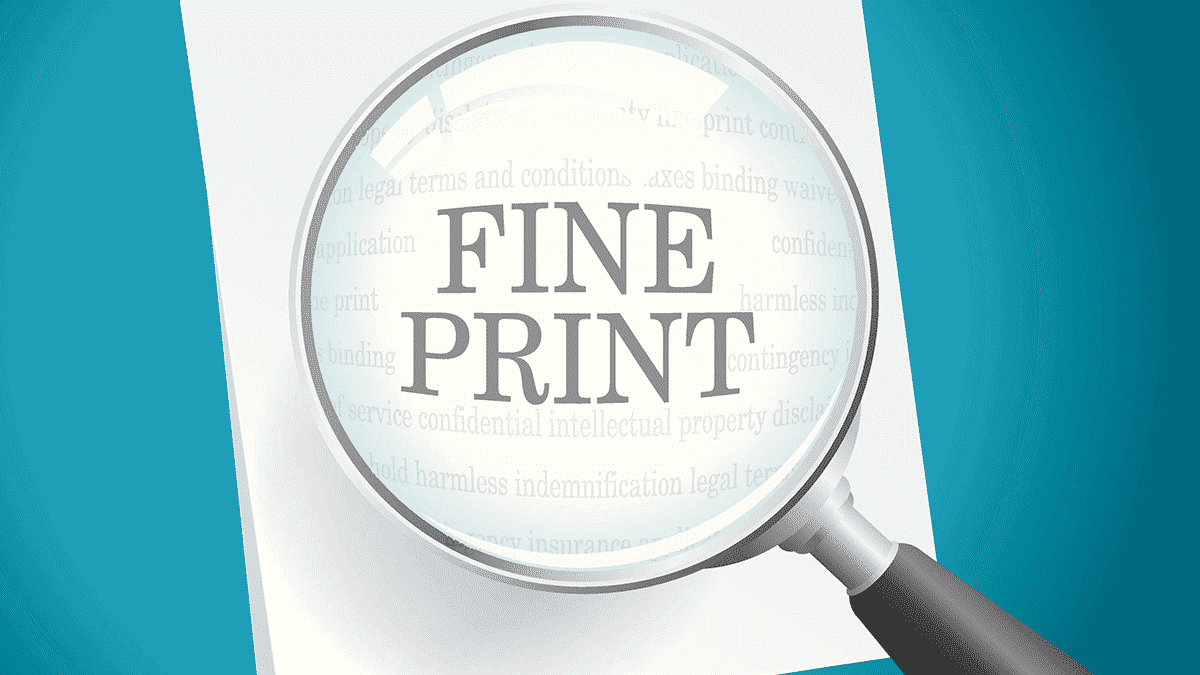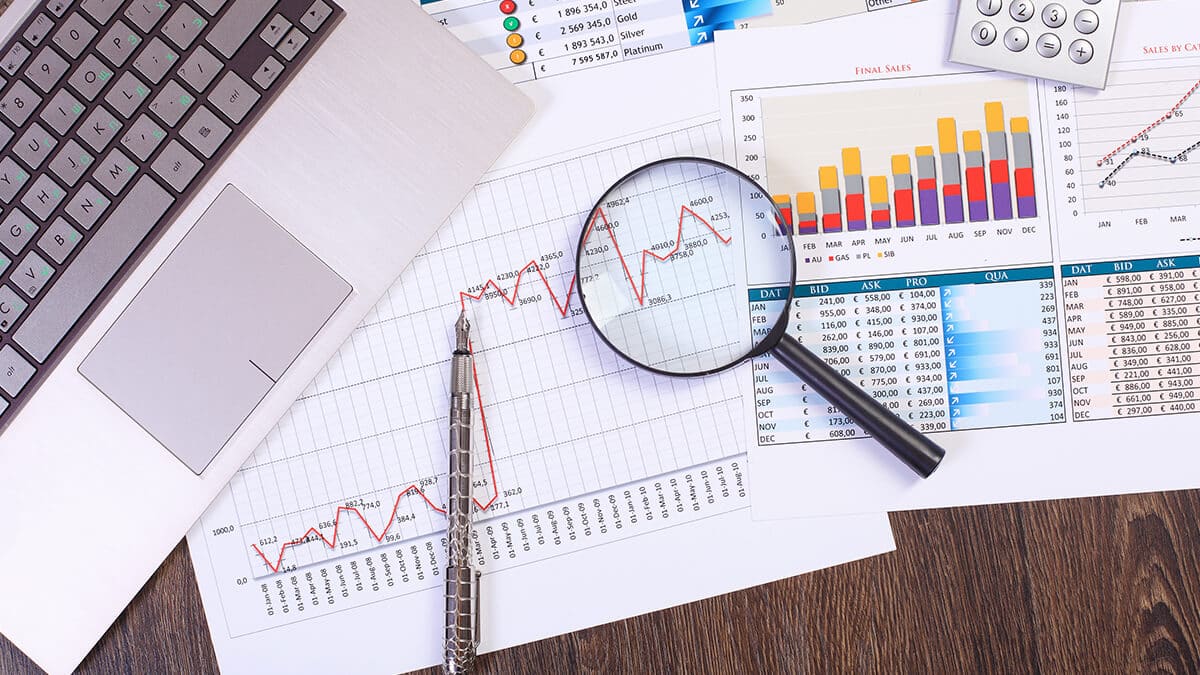In this guide
Strategies and tips to make the most of super can seem endless, but what about the things that can go wrong? You might be putting some good habits into practice only to then sabotage yourself by making one of these common and potentially costly super mistakes.
1. Sticking with a bad super fund
Comparing funds and moving your super could be something you’ve put in the “too hard basket” or simply haven’t taken the time to think about, but staying with a dud can cost you dearly.
The Productivity Commission’s 2018 report on the super industry estimated that an employee earning $50,000 who stayed in a MySuper product performing in the bottom quarter of funds would have a balance 45% ($502,000) lower at retirement than if they were in a MySuper product with performance in the top quarter of funds. That’s ten years’ wages less to spend in retirement.
Performance is only half the story. High fees can also erode your savings. Paying an additional half a percent of your balance in fees throughout your working life could reduce your final retirement balance by 12%.
If you haven’t already, now is the time to take steps to compare and choose a great fund.
2. Putting off contributions
We often think we’ll get around to making some voluntary super contributions when we’re older, but one of the keys to investment success is starting early. The power of compounding returns means money you invest when you’re younger will have more impact on your final balance.
Even a small amount saved regularly could make an enormous difference to your retirement.
You’re also more likely to be earning an income level that could qualify you for a co-contribution from the government when you’re younger. Who wants to pass up free money?
3. Being too conservative with investment choice
A lot of us simply stick with the default investment offered by our super fund assuming that must be suitable for everyone, or we aren’t even aware that super funds offer a range of investments to choose from.
Most super funds do offer a wide range of investment options, and superannuation is by nature a long-term investment. You can’t access your cash until retirement, except in very limited circumstances.
When your money is going to be locked away for so long, it makes sense to choose an investment with more exposure to growth assets such as shares and property. These assets fluctuate more in the short term but can be expected to provide higher returns in the long run.
If you choose an investment with a high proportion of growth assets then in the rough years your balance will fall, but so long as you have time to ride the wave and wait for markets to recover, you should come out on top in the end. You must be comfortable with the volatility and prepared to stick it out.
Of course, as you get closer to retirement it is appropriate to review your investment choice. A higher proportion of more stable assets might be suitable at that time to protect you from a last-minute crash.
If you’re not sure which investment option is right for you, your super fund may be able to offer you some simple advice and make a recommendation.
4. Maintaining more than one super fund
Many Australians have more than one super account, and it can be costly. By maintaining multiple accounts you’re probably paying more in fees and could have insurance premiums from cover you’ve forgotten about eating into your balance. Having multiple funds also makes it more difficult to keep track of and manage your super.
Luckily, changes to super laws targeting this problem mean it’s less likely you’re paying for insurance in an old account and you shouldn’t end up with another new super fund when you change jobs.
If you think you might have more than one account, it’s time to find any lost super and consolidate your accounts.
5. Setting up an SMSF
Setting up a self-managed super fund (SMSF) can be an excellent choice if you’re doing it for the right reasons. If not, it might be one of your biggest regrets.
Some warning signs that an SMSF may not be for you include:
- A relatively low balance in your super – research conducted in 2020 by Rice Warner found that if your SMSF uses a full service administrator it needs a total balance of around $200,000 to be cost competitive with a retail or industry super fund. The Productivity Commission’s report in 2018 also found that SMSFs with balances below $500,000 tend to significantly underperform compared with public offer funds. Learn more about the cost of running an SMSF.
- Not having the time, interest or expertise to manage your own fund.
- A person promoting the option implies you can access your super early or use it to invest in a property you can live in or use as a holiday home – both are illegal and come with significant penalties.
6. Switching to safety after a market crash
Big wobbles in investment markets are enough to rattle anyone, but it’s important to stay the course with your investment strategy.
Switching to cash or another conservative option after the market has fallen locks in your losses. It’s unlikely you’ll successfully time a switch back into growth assets before recovery occurs, so you will likely miss out on the upswing.
A positive way to look at a falling market is that your regular super contributions are buying assets at a discount. When recovery inevitably comes, assets bought during the downturn really come into their own and grow rapidly.
7. Overlooking your insurance needs
You might think of super and life insurance as two separate issues – and they can be – but according to APRA, almost 70% of Australians who have life insurance hold it through their super.
Because of their size, large super funds can negotiate group rates for members which may result in cheaper premiums than you would pay outside super. Holding insurance in super can also be advantageous because you can use pre-tax contributions to cover the premiums, costing you less out of pocket (although it will reduce your super balance).
A 2022 report into underinsurance prepared for the Financial Services Council found that around 1 million Australians remain underinsured for death or permanent disability and 3.4 million are underinsured for income protection.
If you haven’t reviewed your cover lately, get in touch with your fund and find out what would be paid out if you were to die or become permanently disabled and unable to work. Is it enough to repay your debts and contribute to your family’s future living expenses?
Check if you have income protection and if it accurately reflects your current salary. How would you pay your bills if you were off work for a lengthy period due to illness or injury?
Generally, it is ideal to hold your cover with only one super fund, or in one place outside super. If you need to claim, holding the same type of cover with more than one provider can prove difficult – with terms and conditions sometimes meaning that only one policy will pay out.
The bottom line
If you’ve been making a mistake with your super, there’s no need to panic. You have the power to make changes and get back on track. The time to start is now!

















Leave a comment
You must be a SuperGuide member and logged in to add a comment or question.